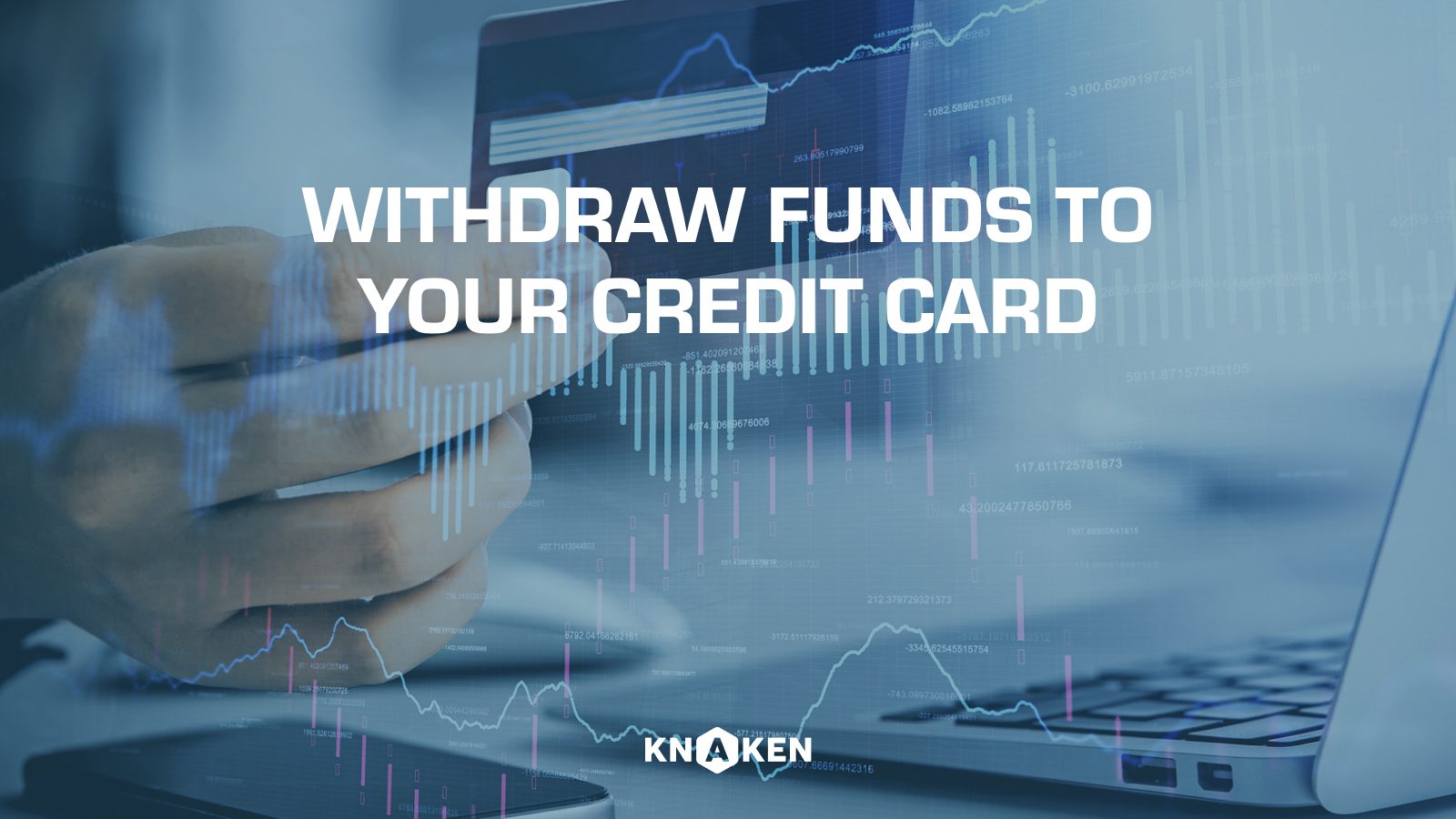Decentralized Autonomous Organizations (DAOs) represent a significant innovation within the blockchain and cryptocurrency landscape. A DAO is a digital organization run by smart contracts on a blockchain, eliminating the need for central management. They empower individuals to collaborate and make decisions collectively, promoting transparency, efficiency, and trust.
– **Early Concepts**: The concept of a DAO was first introduced in 2013 by Vitalik Buterin, co-founder of Ethereum, as part of a broader vision of decentralized governance.
– **The DAO**: In 2016, “The DAO” was launched as a venture capital fund and raised over $150 million in Ether, marking one of the first major implementations of the DAO concept. However, due to a security vulnerability, it was exploited, leading to significant financial losses and a hard fork in Ethereum.
– **Evolution**: After the incident with The DAO, the community learned valuable lessons which led to the development of more robust frameworks for DAOs, fostering a resurgence in their popularity from 2017 onwards.
DAOs possess several characteristics that distinguish them from traditional organizations:
– **Decentralization**: DAOs operate without a single point of control, ensuring that no individual has disproportionate influence over decisions.
– **Autonomy**: Decisions within a DAO are made through pre-defined rules encoded in smart contracts, allowing for automation and reducing the need for human intervention.
– **Transparency**: All actions and transactions are recorded on the blockchain, making them accessible and verifiable by any member of the organization as well as the public.
– **Token-Based Governance**: Members often have governance tokens that confer voting rights, allowing them to propose changes or vote on initiatives.
DAOs are structured around several core components:
– **Smart Contracts**: The backbone of a DAO, smart contracts define the rules and regulations that govern the organization. They automatically execute actions based on predetermined conditions.
– **Governance Tokens**: Members of a DAO usually possess tokens that give them voting power on various proposals or amendments. This decentralized model ensures that decisions reflect the collective will of the participants.
– **Funding Mechanisms**: DAOs often raise capital through token sales or contributions from its members, which are then managed and utilized according to the agreed-upon goals.
There are various types of DAOs, each serving different purposes:
– **Protocol DAOs**: Govern decentralized protocols, overseeing upgrades and changes to the underlying software.
– **Investment DAOs**: Pool members’ resources to invest in projects or assets collectively, sharing profits and risks.
– **Social DAOs**: Focus on building communities, often around shared interests or goals, facilitating interactions and collaborative projects.
– **Curation DAOs**: Engage in the curation and management of content, collections, or resources within a digital space.
DAOs offer several advantages over traditional organizational structures:
– **Reduced Costs**: Lower operational and administrative costs by eliminating intermediaries and reducing bureaucracy.
– **Global Participation**: Enable participation from anyone worldwide, fostering inclusivity and diversity in decision-making.
– **Enhanced Security**: Smart contracts can enhance security by automating processes and minimizing risks associated with human error.
Despite their advantages, DAOs encounter numerous challenges:
– **Governance Risks**: Decision-making can be hindered by voter apathy or manipulation if a single entity holds a significant amount of governance tokens.
– **Legal Uncertainty**: The regulatory status of DAOs remains unclear in many jurisdictions, creating potential legal complications.
– **Technical Vulnerabilities**: Smart contracts are susceptible to bugs and exploits if not properly audited, endangering the integrity of the organization.
The future of DAOs appears promising as they continue to gain traction across multiple sectors:
– **Integration with Traditional Industries**: More organizations are exploring how DAOs can streamline operations and governance models.
– **Continuous Evolution**: Innovations in blockchain technology and governance models are expected to further enhance the effectiveness and popularity of DAOs.
– **Increased Regulation**: As regulators adapt to the rise of DAOs, more comprehensive frameworks could emerge, providing clarity and protection for participants.
Decentralized Autonomous Organizations (DAOs) exemplify a groundbreaking shift in how communities and entities can collaborate and govern themselves. By leveraging blockchain technology and smart contracts, DAOs offer a decentralized and transparent alternative to traditional organizational models. As the ecosystem evolves, they hold the potential to revolutionize various fields, offering new ways for individuals to engage, participate, and make impactful decisions collectively.



Knaken Cryptohandel B.V. has applied for a MiCA license from the Netherlands Authority for the Financial Markets (AFM). This application is currently being assessed by the AFM.
Investing in crypto-related products involves significant risks.















